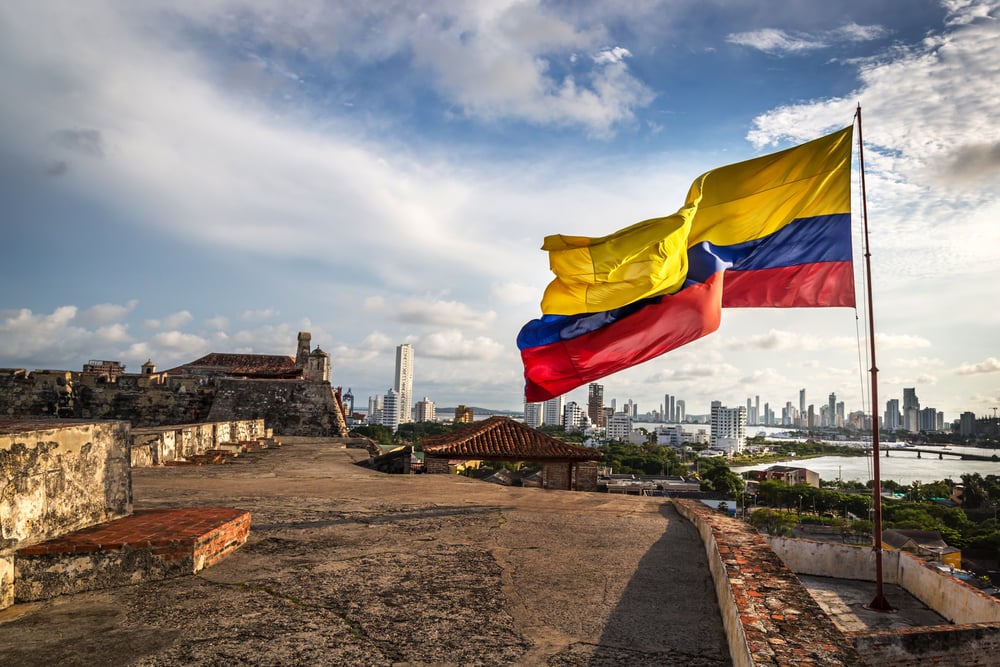No Regulations, No Problem. Colombia Wants to Tax Bitcoin Users

No Regulations, No Problem. Colombia Looking to Tax Bitcoin Users
As previously reported by CCN.com, the Superintendencia de Sociedades, an organization associated with the Colombian Ministry of Commerce, has in the past announced that digital currencies aren’t allowed in Colombia, including bitcoin. The only valid currency in the country is the peso.
The announcement was made by Francisco Reyes Villamizar, who assured Colombians that the only entity allowed to issue money in Colombia is the Banco de la República, the country’s central bank.
Now, thanks to bitcoin’s growing popularity, the Colombian government seemingly wants something to do with the cryptocurrency, as trading volume keeps growing, according to data from Coin.Dance, despite it lacking a legal framework in the country.
 Those who invest in bitcoins, according to Colombian publication La Républica , need to declare their earnings because it’s a high-risk investment in the government’s eyes. Being an investment, it’s taxable. Analysts the publication polled claim that the fact the government didn’t release an official statement on these investments, doesn’t exempt investors from declaring their earnings.
Those who invest in bitcoins, according to Colombian publication La Républica , need to declare their earnings because it’s a high-risk investment in the government’s eyes. Being an investment, it’s taxable. Analysts the publication polled claim that the fact the government didn’t release an official statement on these investments, doesn’t exempt investors from declaring their earnings.
Attorney Juan Sebastián, according to PanAm post , stated that people need to report their cryptocurrency investment profits on their tax returns. Since bitcoins are a part of people’s assets, the attorney stated, they need to follow corresponding tax rules. He also claimed that the cryptocurrency raised concerns among tax authorities in other countries because its semi-anonymous nature allows people to evade paying taxes.
Moreover, bitcoin expert Johnathan Alexander Higuera, stated:
“Currently, in Colombia, people are not required to report their investments or transactions in Bitcoins or any other cryptocurrency, so it can be used to evade taxes. Users can invest in this virtual currency through platforms such as Kraken, Bitstamp, Localbitcoins and Poloniex”
On the other hand, director of the Colombian Bitcoin Foundation Carlos Mesa, pointed out that the Dian (Dirección de Impuestos y Aduanas Nacionales de Colombia) hasn’t clarified anything and, as such, bitcoiners who do want to declare their earnings don’t know how to proceed.
Nevertheless, reports suggest the Financial Superintendence of Colombia is planning on implementing tax rules over earnings generated through the sale of cryptocurrencies, despite the lack of regulations.
The Colombian government isn’t the only one trying to cash in on bitcoin’s growing popularity, after warning people not to invest in the cryptocurrency a few years ago. As reported by CCN.com, the Portuguese government also wants to tax bitcoins, despite a lack of regulations in the country.
According to the country’s Ministry of Finance, as long as cryptocurrency earnings come from a professional or business activity, these should be declared and taxed. On the other hand Japan, a country that decided to legalize bitcoins, recently ended an 8% consumption tax on the cryptocurrency.